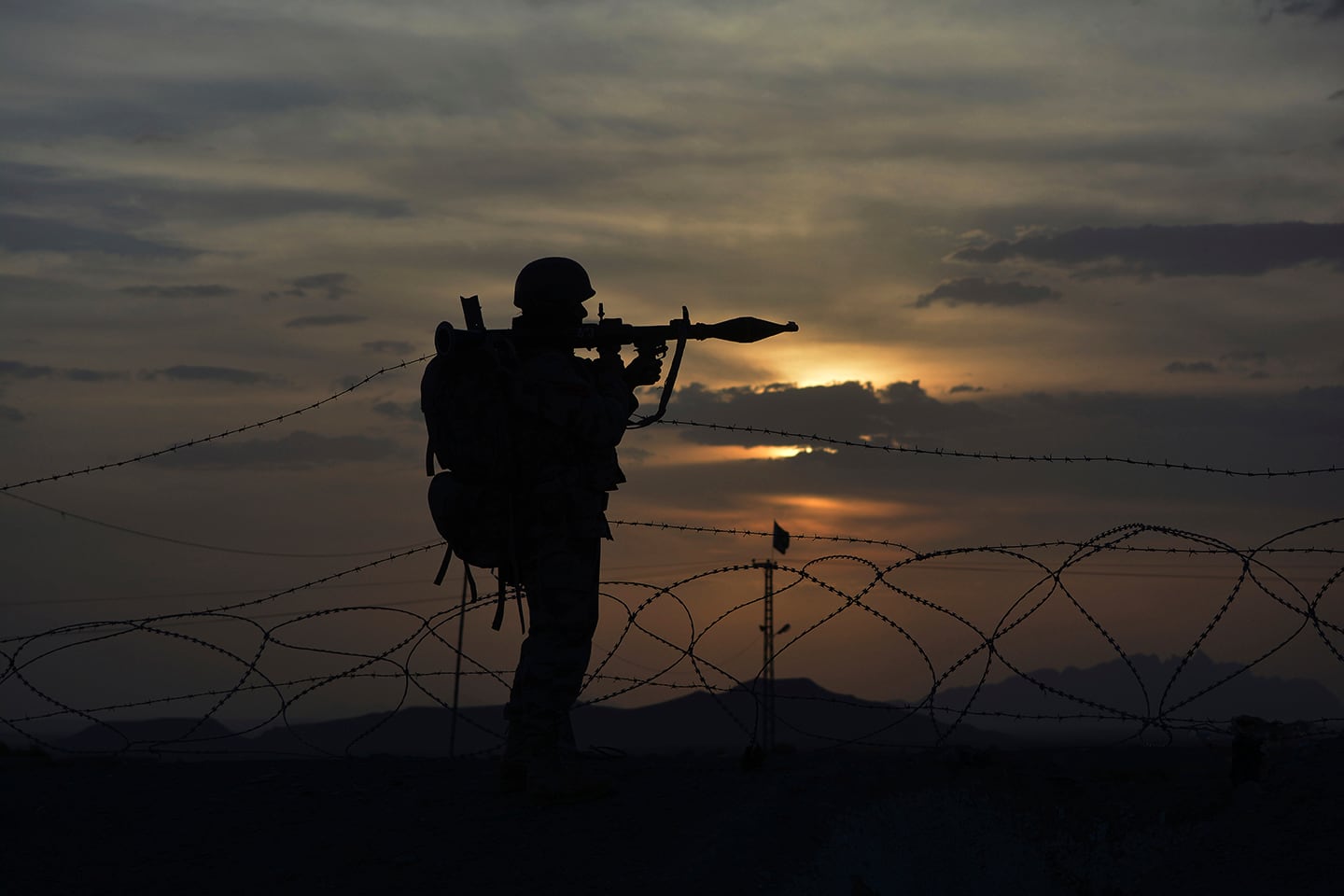WASHINGTON – The decision by the U.S. to suspend security assistance to Pakistan could have serious consequences for the American-led fight in Afghanistan, and potentially further strengthen ties between Islamabad and China.
State Department Spokeswoman Heather Nauert announced new restrictions on Thursday that cover security assistance above and beyond the $255 million for Pakistani purchases of American military equipment that the administration held up in August, but it was not immediately clear how much money and materiel was being withheld.
Nauert made clear the $255 million was still blocked. The new action targets payments of so-called Coalition Support Funds that the U.S. pays to Pakistan to reimburse it for its counterterrorism operations. Those funds are typically paid later in the year, and already require U.S. certification, so the effect of Thursday’s announcement was unclear.
The move comes days after President Donald Trump’s New Year’s Day tweet that accused Pakistan of playing U.S. leaders for “fools,” as well as a growing number of voices from the administration that have complained Pakistan is not doing enough to combat militants targeting U.S. personnel in neighboring Afghanistan.
On Monday, Trump said the U.S. had “foolishly” given Pakistan more than $33 billion in aid in the last 15 years and had gotten nothing in return but “lies & deceit.” He reiterated longstanding allegations that Pakistan gives “safe haven to the terrorists we hunt in Afghanistan.”
RELATED

The big question facing the American effort in Afghanistan now becomes whether Pakistan retaliates by shutting down the supply lines for materiel into Afghanistan, known as the ground lines of communication, or GLOC.
Hours before the announcement, Secretary of Defense Jim Mattis was asked if there were any signals from Pakistan that cutting the aid would result in the GLOC being closed, to which he responded, “we have had no indication of anything like that.”
But closing the GLOC remains a long-standing concern for the U.S. Those lines represent the cheapest way of getting supplies to U.S. forces in Afghanistan, something the Pentagon learned the hard way between Nov. 2011 and July 2012, when Pakistan shut the GLOC routes down following an incident where 24 Pakistani soldiers were killed by NATO forces along the Afghanistan-Pakistan border.
Reporting in 2012 revealed that costs for getting needed supplies into Afghanistan went from $17 million a month to $104 million a month, a significant upcharge even by Pentagon budget standards. With significantly fewer troops in Afghanistan today than in 2012, the costs would not be quite so high, but could still hurt a Department of Defense that finds itself lacking budget stability.
Alice Hunt Friend, an Obama-era senior adviser to the deputy undersecretary of defense for strategy, plans and forces and country director for Pakistan, believes a GLOC shutdown may be coming.
“Closing the GLOCs is certainly in the Pakistani playbook and would not be a surprising move,” she said. “It would make sense for Pakistan to do something to make the administration reconsider Pakistan's utility to the U.S., and that's a direct way to do it.”
Another potential result of cutting off aid could be to drive Islamabad to strengthen its relations with China.
Pakistan has for years tried to counterbalance its alliance with the U.S. with one from China, including with its military relationships. Industrially, Pakistan has agreed to work with China to produce a new submarine fleet as well as working together to develop what in Pakistan is known as the JF-17 jet fighter. In addition, China has developed the Azmat-class missile boat for Pakistan, which will carry Chinese-built weapons.
Notably, a Pentagon report from last June concluded that China will seek to develop a military base in Pakistan, which would represent only the second People’s Liberation Army military facility outside of China
Associated Press writers Josh Lederman and Zeke Miller contributed to this report.
Aaron Mehta was deputy editor and senior Pentagon correspondent for Defense News, covering policy, strategy and acquisition at the highest levels of the Defense Department and its international partners.




